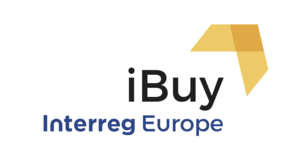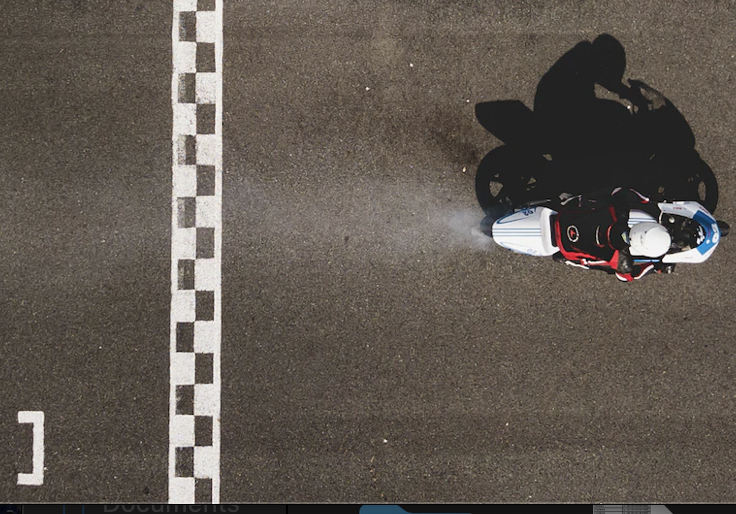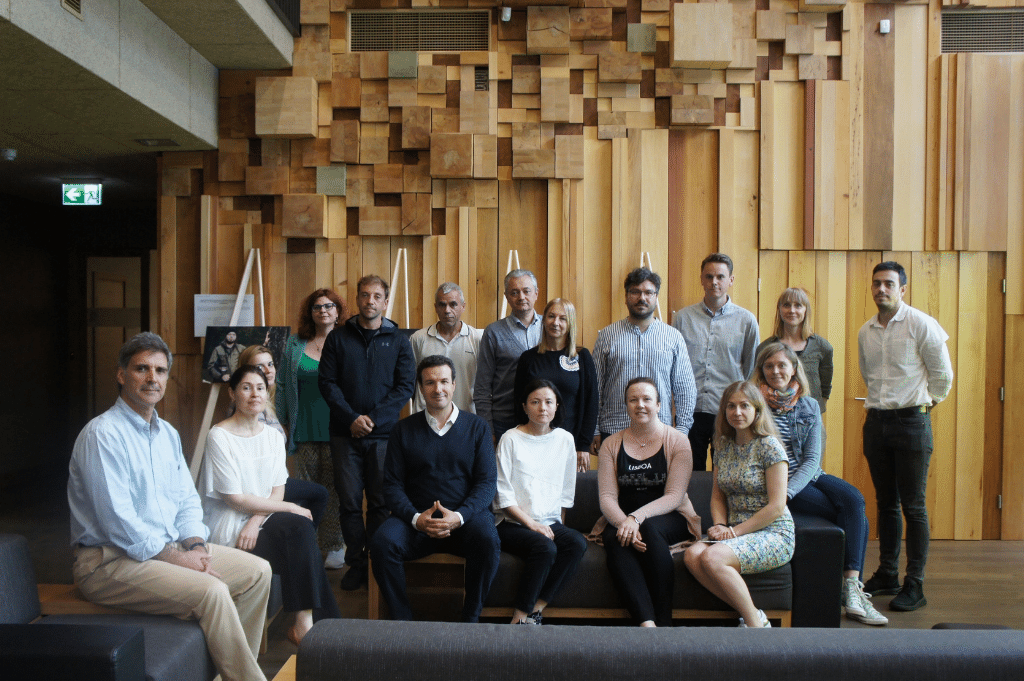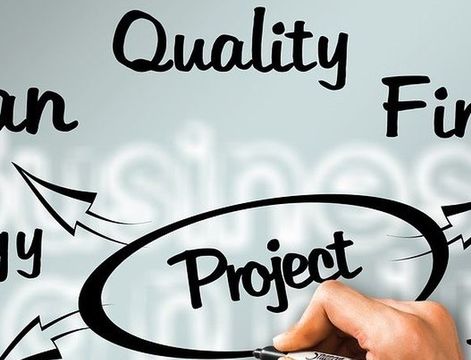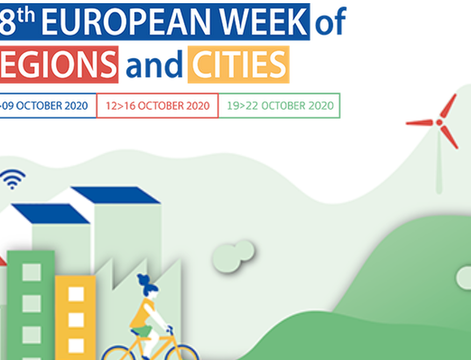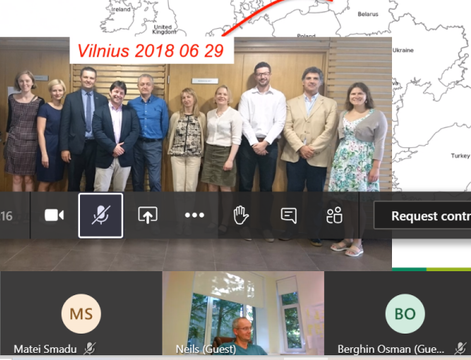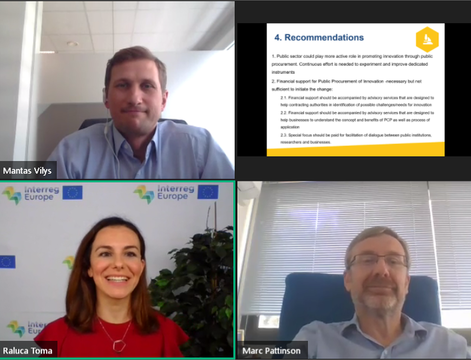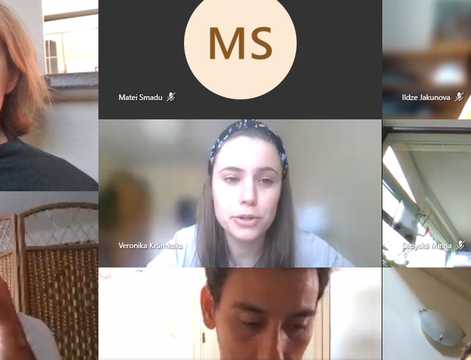Project partners have met in Tampere to discuss how can the public officers make the best and most efficient decisions regarding the choice of the projects that will receive funding. The workshop was held in the Baltic Institute of Finland, where each of the partners have presented two best case practices focusing on the project evaluation criteria and the financing model of the PPI.
Lithuania has presented the case from the national bank procurement of the blockchain solution, where 85% of the total 2M EUR budget has been financed by the EU funds.
The national PPI of the Balearic Islands was performed under the innovation partnership procedure, where 80% has been financed by the EU funds and the rest 20% by the private funds. Another case presented has been the PCP aimed at finding the solution for the elderly people. The main goal was to find an innovative robotic solution to make the life of the elderly people as independent as possible.
Finland has presented the PPI case on the maternity card solution, which has been performed under the partnership agreement. The project has been funded by the Finnish Innovation Fund Sitra and the city of Tampere.
The best practice case presented by Romania was the development of the infrastructure that would create a new laboratory with the coverage of the various science frontiers. The PPI instrument used has been the innovative partnership. Another example presented has been the case study of Spain on the electric vehicle charging points. City of Barcelona has effectively used the early market engagement, which was the key to finding the best solution.
Latvian partners have presented the case of the United Kingdom, held under the competitive dialogue procedure, where the effective lightning solution for the hospital wards have been found. The main evaluation criteria have been energy efficiency; fully installed, maintained and future-proofed service to facilitate the future upgrading; a pleasant patient experience. The second case of the Polish hospital uniform procurement has been implemented by the competitive dialogue, where the evaluation has been based on the developed formula counting the whole life cycle of the uniform.
Partners from Portugal have presented the case of building a school in France, where the cooperation of the cluster has taken place. The procurement process was split into two stages – selecting the architect/project manager and procurement of works contracts. The construction had to meet a specific performance level for 14 environmental parameters.
The case presented by Greece focused on the national PPI performed to develop and test a single portal offering access to local government services aimed at citizens and business. The procurement has been organised under the innovative partnership procedure with EU Cohesion Policy funds.
During the discussion with the project partners it has become clear, that there are many aspects to learn from and implement in each of the regions. Nevertheless, there is a necessity to define the specific challenges to escalate them further and find relevant solutions.
